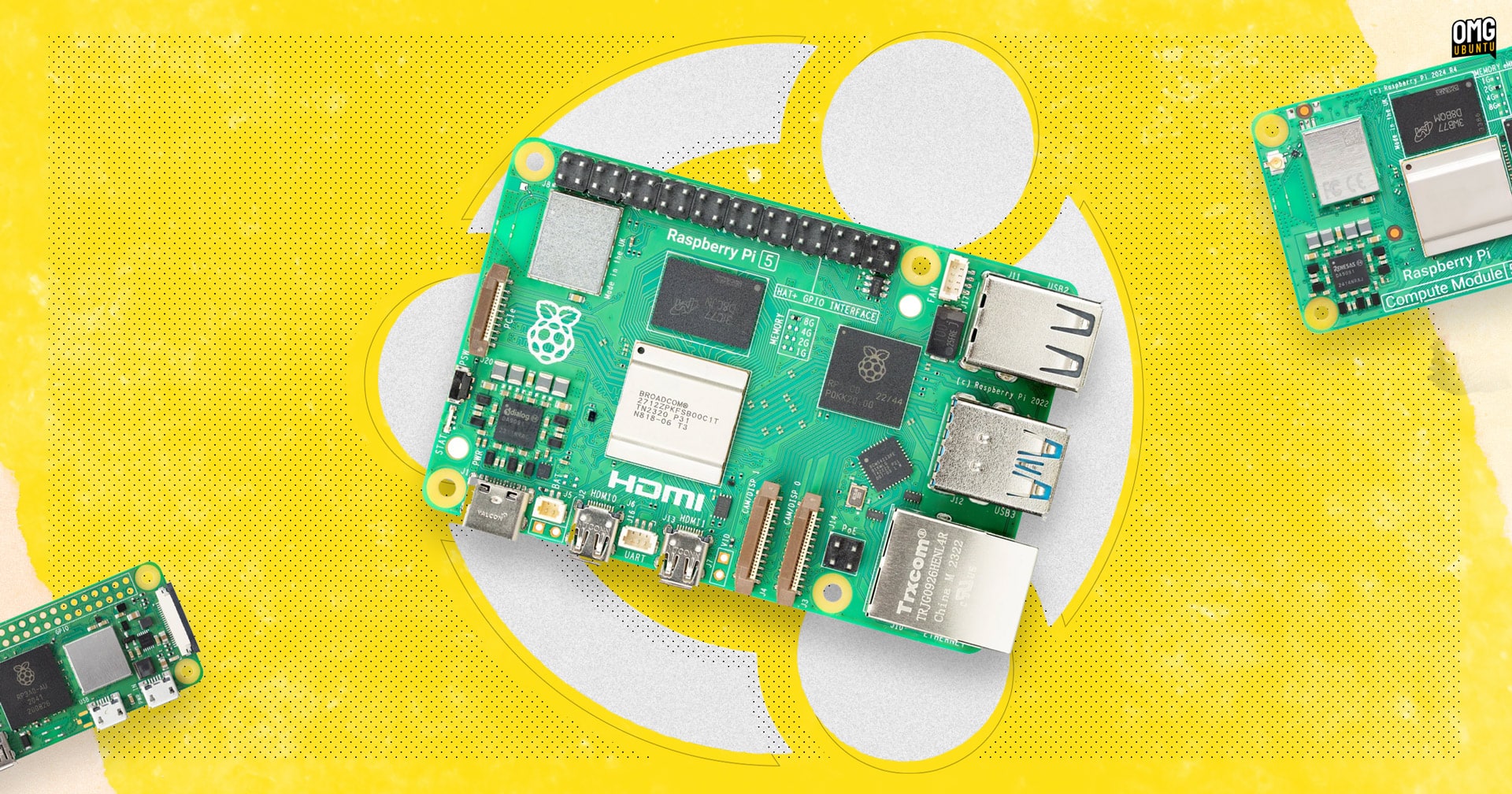These kind of changes will go a long way towards making it more accessible for the less technically inclined. Glad to see some actual progress in that direction, instead of the standard ‘git good’ style of Linux gatekeeping.
People run Ubuntu on their Pis?
Yeah, I always run Raspbian. It’s stable and let’s me largely forget about it.
This is probably a hot take, but:
I disagree. The OS doesn’t run a mainline kernel, and the Raspberry Pi devs recommend a clean slate on OS upgrades. Granted, they do some trickery for performance with their Zero (not 2) line, using armhf instead of the slower armel, but this doesn’t excuse the fact that Raspberry Pi OS is so brittle. The builds are also still on 32-bit, even though every Pi since 3B can run 64-bit OSes.
I just run Debian on mine. Can’t be assed to clean flash my devices each major update.
The SOC also isn’t fully open, so you won’t get top tier performance with a purely FOSS stack. I push the limits on mine (Retropie mostly), so using their OS is the better bet (I use the one shipped by Retropie, which is super old).
I actually kinda hate the Raspberry Pi because of how closed it is. It’s gotten a bit better over the years, but the Pi 5 took a big step back. But unfortunately, its competitors aren’t much better, so I still use my RPis, but I probably won’t buy more.
I’m also not a fan of Debian in general, so if I switched, I would probably use openSUSE or Arch instead (I tried Arch, but it had issues syncing to disk after updates; they fixed that, but it shows that other distros will be a bit wonky). Raspbian works, so I stick with it.
That’s very fair. Everyone has a different use for Pi’s, and I just happen to favor long-lived devices that can be updated easily. I wish more of the pi internals were upstreamed too.
It’s also 64 since 2 years I believe.
The devs have started releasing 64-bit builds since then, yes. However, they still push people to the 32-bit builds: https://www.raspberrypi.com/software/operating-systems/
I understand their thinking. They want a unified build experience, to simplify their development and user experience.
Yeah, that’s what I thought. Same.
Ubuntu Core, to be specific.
The Linux distro that requires you to create an account on their platform?
“Requires to create an account” for what exactly? I’m a long term Ubuntu user without any Ubuntu one account.
gross.
I do on some of mine because it makes some of the automation i have for them simpler to maintain when it is also applied to x86 hardware or virtual machines. It used to be a huge pain to use on a pi but it works pretty well these days, especially since about 24.04 I want to say.



